Amazing Companion Plants For Petunias
Amazing Companion Plants for Petunias
Petunias are one of the most popular annual flowers for a reason. They're easy to grow, come in a wide variety of colors and sizes, and bloom all summer long. But did you know that you can make your petunias even more beautiful by planting them with companion plants?
Companion planting is the practice of planting different types of plants together that benefit each other in some way. For example, some companion plants can help to deter pests, attract pollinators, or improve the overall health of your petunias.
Here are a few of the best companion plants for petunias:
- Salvia: Salvia is a tall, upright plant with bright flowers that bloom all summer long. It's a great companion plant for petunias because it attracts pollinators, such as bees and butterflies. Salvia can also help to deter pests, such as aphids and whiteflies.

- Snapdragons: Snapdragons are another tall, upright plant with colorful flowers. They're a great companion plant for petunias because they have similar growing requirements. Both plants need full sun and well-drained soil. Snapdragons can also help to deter pests, such as aphids and spider mites.

- Lantana: Lantana is a colorful, trailing plant that can be used to fill in empty spaces in your garden or container. It's a great companion plant for petunias because it's drought-tolerant and can thrive in hot, sunny conditions. Lantana can also help to attract pollinators and deter pests.
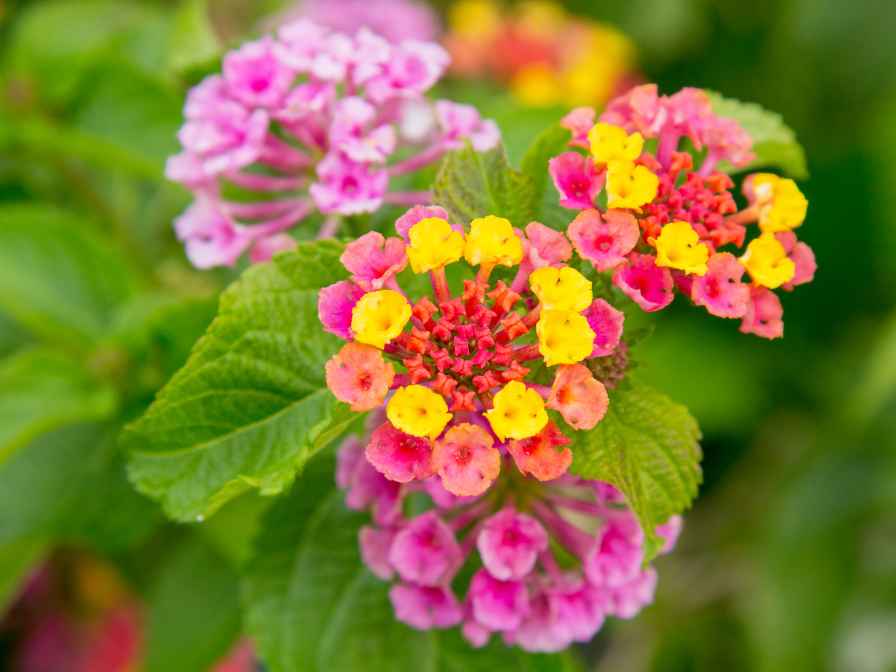
- African daisy: African daisy is a low-growing plant with daisy-like flowers. It's a great companion plant for petunias because it can tolerate a wide range of conditions, including full sun, partial shade, and poor soil. African daisy can also help to attract pollinators and deter pests.

- Guara: Guara is a tall, upright plant with colorful flowers. It's a great companion plant for petunias because it can help to attract pollinators and deter pests. Guara can also help to provide shade for petunias during hot, sunny days.

- Asters: Asters are a group of flowers that come in a wide variety of colors and sizes. They're a great companion plant for petunias because they bloom at the same time and have similar growing requirements. Asters can also help to attract pollinators and deter pests.

- Candytuft: Candytuft is a low-growing plant with small, white flowers. It's a great companion plant for petunias because it can tolerate a wide range of conditions, including full sun, partial shade, and poor soil. Candytuft can also help to attract pollinators and deter pests.

- Lobelia: Lobelia is a low-growing plant with small, blue or purple flowers. It's a great companion plant for petunias because it can help to attract pollinators and deter pests. Lobelia can also help to fill in empty spaces in your garden or container.

These are just a few of the many companion plants that you can grow with petunias. When choosing companion plants, it's important to consider the growing conditions of both plants and their compatibility. For example, you wouldn't want to plant a petunia with a plant that requires more water than it does.
With a little planning, you can create a beautiful and thriving garden by planting petunias with the right companion plants.
Petunias are beautiful flowers that can add a splash of color to any garden. But did you know that companion planting with petunias can help to improve their health and appearance?
Companion planting is the practice of planting certain plants together for their beneficial effects on each other. Some good companion plants for petunias include:
- Salvia: Salvia is a tall, upright plant that attracts pollinators, which can help to improve the pollination of petunias.
- Snapdragons: Snapdragons are another tall, upright plant that can help to add height and structure to a garden bed. They also attract pollinators.
- Lantana: Lantana is a trailing plant that can be used to soften the edges of a garden bed or container. It also attracts pollinators.
- African daisy: African daisy is a low-growing plant that can be used to fill in spaces between taller plants. It also attracts pollinators.
For more information about petunia companion plants, visit Gardenia Inspiration.
FAQ of petunia companion plants
Q: What are some good companion plants for petunias?
A: Petunias are a versatile plant that can be paired with many different companion plants. Some good options include:
- Marigolds: Marigolds help to repel pests, such as aphids and nematodes. They also add a splash of color to your garden.
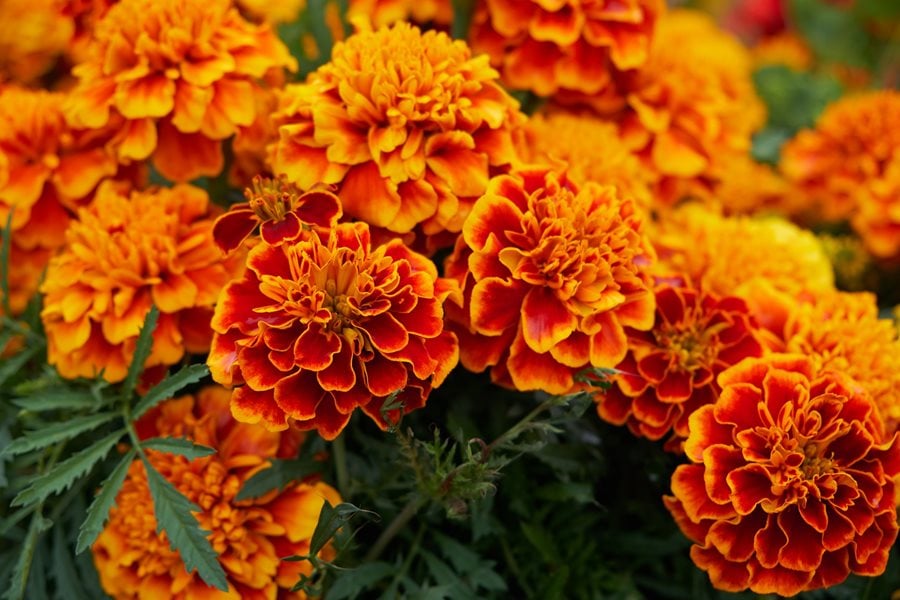
- Lavender: Lavender is another pest-repelling plant that also attracts pollinators. It has a calming fragrance that can help to reduce stress.

- Zinnia: Zinnias are a cheerful and colorful plant that can add height and interest to your garden. They are also drought-tolerant, so they can help to reduce the amount of watering you need to do.
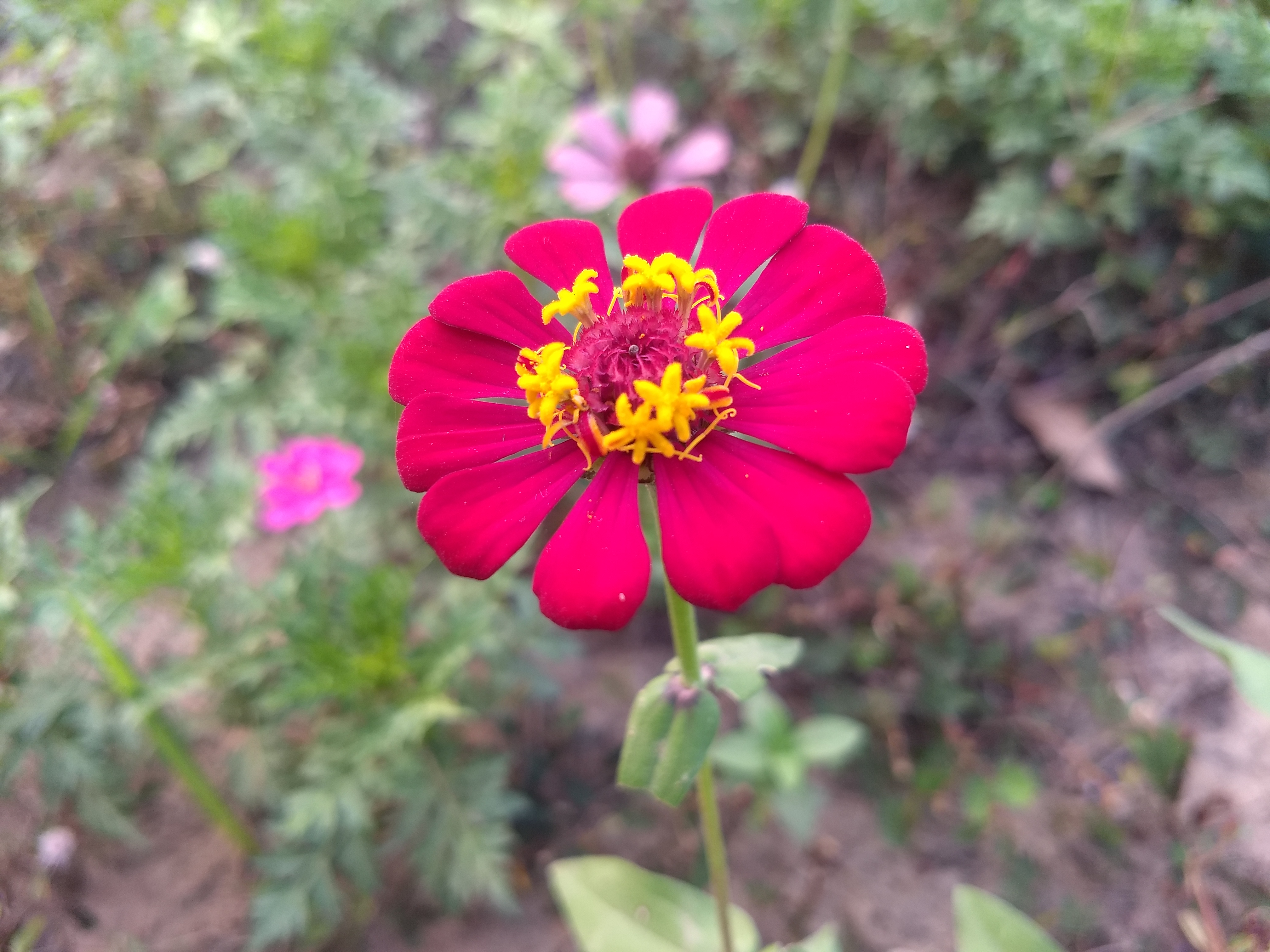
- Cosmos: Cosmos are another drought-tolerant plant that is easy to care for. They come in a variety of colors, so you can choose ones that complement your petunias.

- Salvia: Salvia is a beautiful and fragrant plant that attracts pollinators. It can also help to deter deer and rabbits.
Q: What are some plants that should not be planted with petunias?
A: There are a few plants that should not be planted with petunias, as they can compete for nutrients or water. These include:
- Tomatoes: Tomatoes and petunias have different nutrient requirements, so planting them together can lead to nutrient deficiencies in one or both plants.
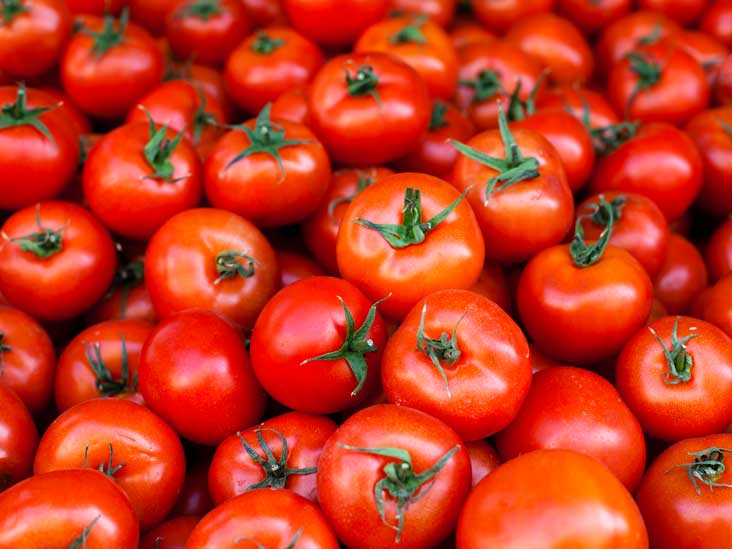
- Cucumbers: Cucumbers and petunias also have different water requirements, so planting them together can lead to one plant getting too much water and the other getting too little.
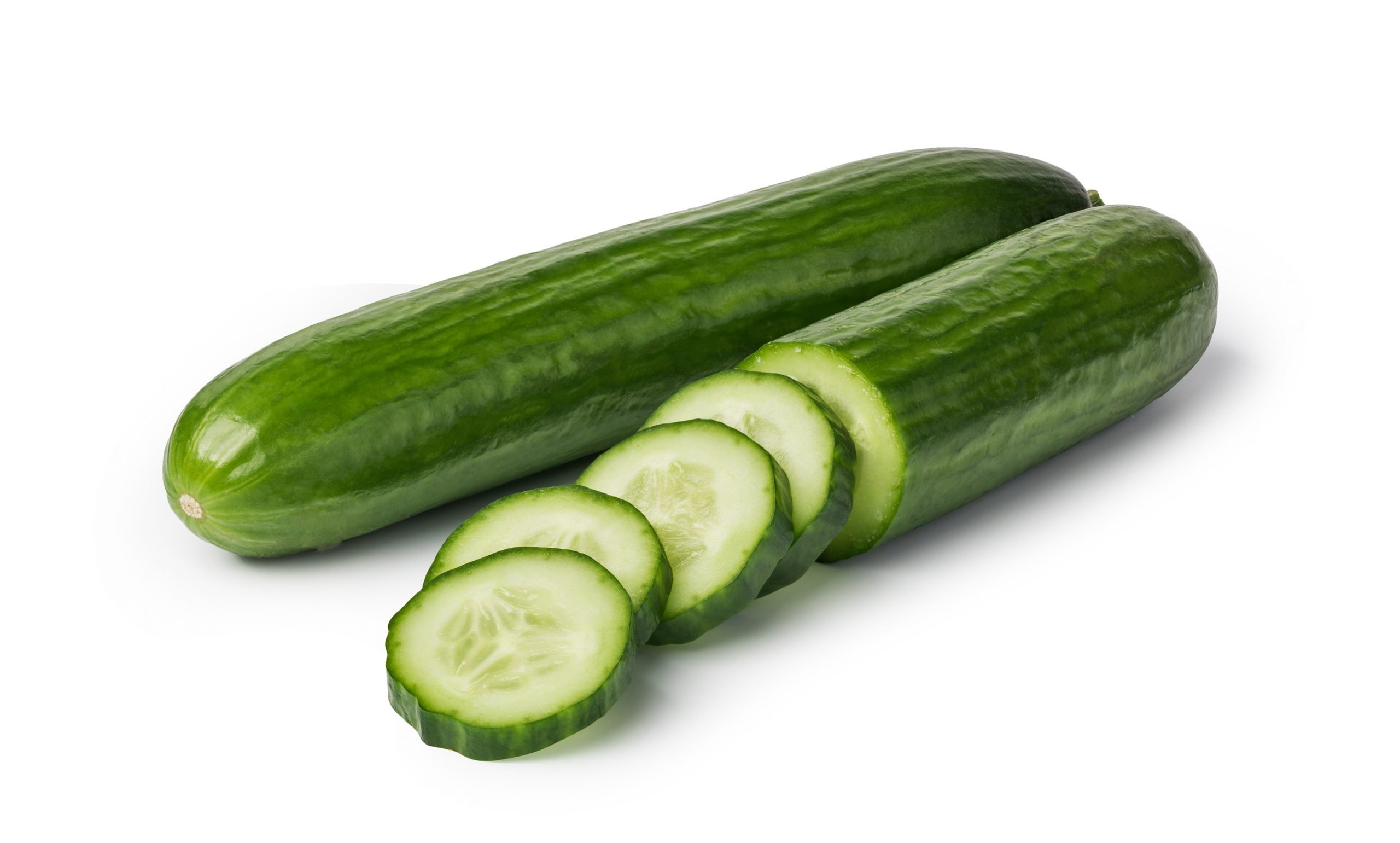
- Peas: Peas can release chemicals that can stunt the growth of petunias.

- Carrots: Carrots and petunias have different root systems, so planting them together can lead to root damage.
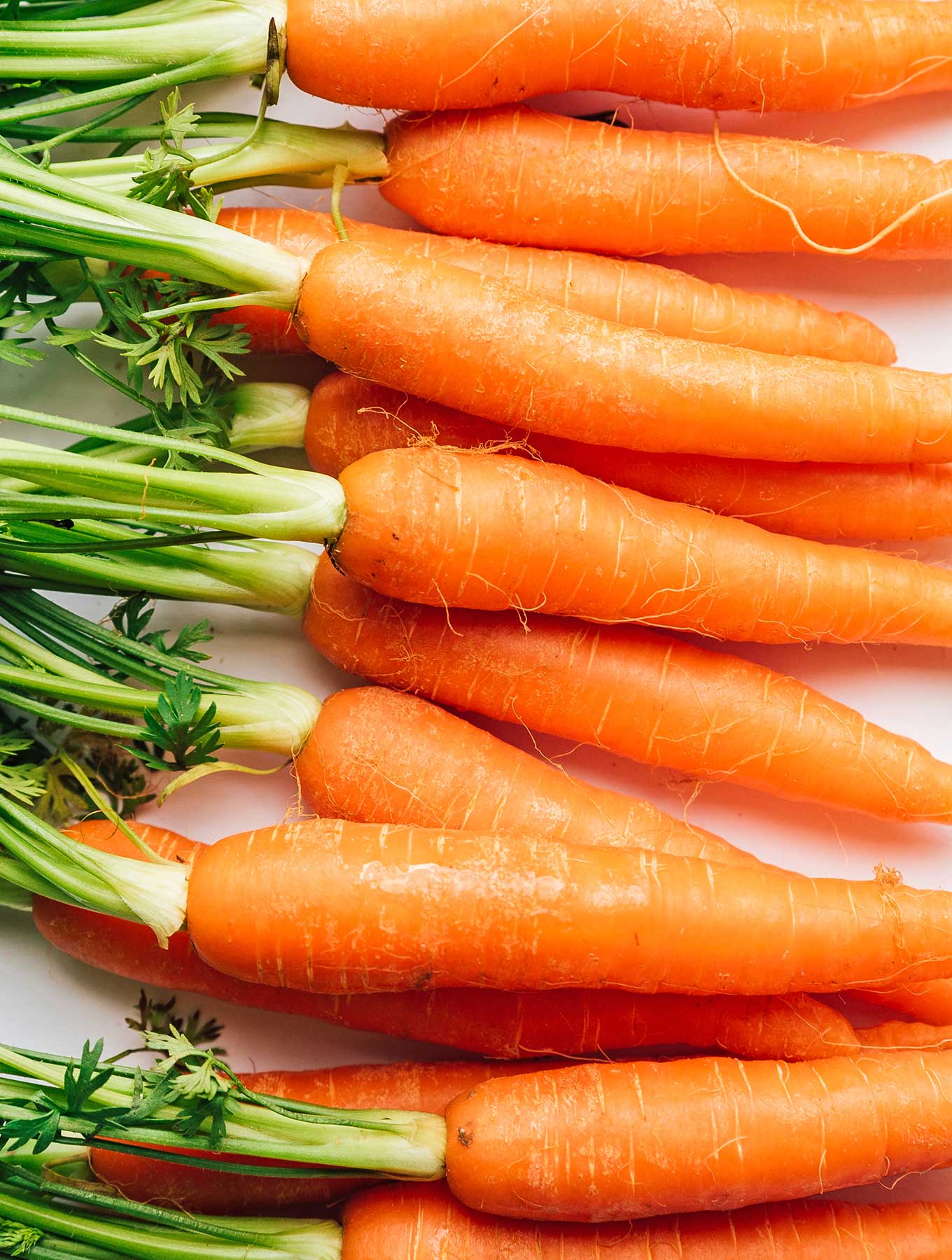
Q: How do I plant petunias with companion plants?
When planting petunias with companion plants, it is important to consider the size and growth habit of each plant. For example, if you are planting tall petunias, you will need to choose companion plants that will not be overshadowed. You should also plant companion plants that have similar water and sunlight requirements.
Here are some tips for planting petunias with companion plants:
- Group plants together based on their size and growth habit.
- Plant taller plants in the back and shorter plants in the front.
- Space plants according to their mature size.
- Water plants regularly, especially during hot, dry weather.
- Fertilize plants regularly with a balanced fertilizer.
Q: How do I care for petunias and their companion plants?
Petunias and their companion plants require regular watering, fertilizing, and deadheading. You should also check for pests and diseases and treat them accordingly.
Here are some tips for caring for petunias and their companion plants:
- Water plants regularly, especially during hot, dry weather.
- Fertilize plants regularly with a balanced fertilizer.
- Deadhead spent flowers to encourage new blooms.
- Check plants regularly for pests and diseases.
- Treat pests and diseases as soon as they are identified.
Q: How can I keep my petunias and companion plants blooming all summer?
To keep your petunias and companion plants blooming all summer, you need to provide them with the right conditions. This means giving them plenty of sun, water, and fertilizer. You should also deadhead spent flowers regularly to encourage new blooms.
Here are some additional tips for keeping your petunias and companion plants blooming all summer:
- Plant your petunias in a location that receives at least 6 hours of sunlight per day.
- Water your petunias deeply and regularly, especially during hot, dry weather.
- Fertilize your petunias every 2-4 weeks with a balanced fertilizer.
- Deadhead spent flowers regularly to encourage new blooms.
- Protect your petunias from pests and diseases.
Post a Comment for " Amazing Companion Plants For Petunias"